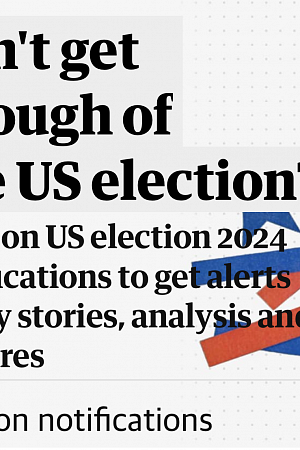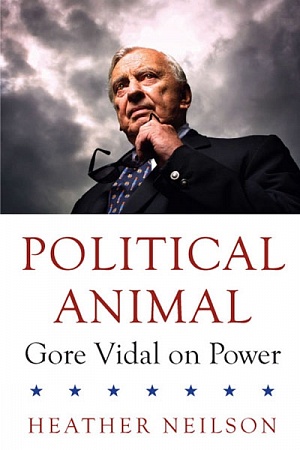The Manichaean Candidate
Bill Hayden, the first Queensland policeman to lead a federal political party, wrote of his experiences as a constable – the violence, the squalor, the tragedy – in his autobiography, Hayden (Angus & Robertson, 1996), and concluded: ‘All of these led me to feel a great anger at the injustices some people had to bear.’ At one point, the former governor-general noted that his ‘humanist’ reaction to injustice reflected his background as the son of a father who was an illegal immigrant and a mother who suffered domestic abuse.
By comparison, Peter Dutton, the second Queensland copper to lead a federal political party, had a sheltered upbringing. Perhaps that’s why, in his 2002 maiden speech, his anger was directed more at individual than systemic failings:
I have seen the best and the worst that society has to offer. I have seen the wonderful, kind nature of people willing to offer any assistance to those in their worst hour, and I have seen the sickening behaviour displayed by people who, frankly, barely justify their existence in our sometimes over-tolerant society.
Judging by Dutton’s 2023 appearance with journalist Annabel Crabb on ABC TV’s political-cooking show, Kitchen Cabinet, this Manichaean mentality still influences his approach to politics.
CRABB: I’ve read something that [your wife] Kirilly said – I’ve always remembered it – that you’re a very black-and-white person, that’s there’s no shades of grey. So, you make your mind up about something super-fast and then you just proceed on that basis. Is that what that means?
DUTTON: Yeah. I’m pretty sure that’s what she would have meant by it, which I think is a bit of a police trait, and it’s dealing with the problem that’s before you and then moving on to the next one and trying to deal with it efficiently, I suppose.
CRABB: Is black-and-white a help in politics? To have really clear views?
DUTTON: I always think the job of prime minister – you know, having worked closely and watched a few others fairly closely – I think you’ve got about twenty issues of the day, so twenty balls in the air, and I think the people who know what they believe in, I think they can land eighteen of those balls pretty early and then they sweat the two which are really tough issues. The ones that aren’t good and don’t have a clear sense of who they are or want to say something that they know people will want to hear or – that sort of approach – I think by Tuesday they’ve got forty balls in the air, and I think it becomes overwhelming.
Continue reading for only $10 per month. Subscribe and gain full access to Australian Book Review. Already a subscriber? Sign in. If you need assistance, feel free to contact us.








